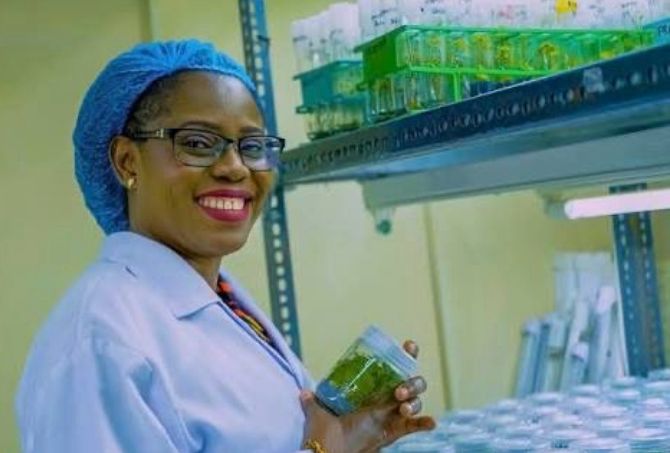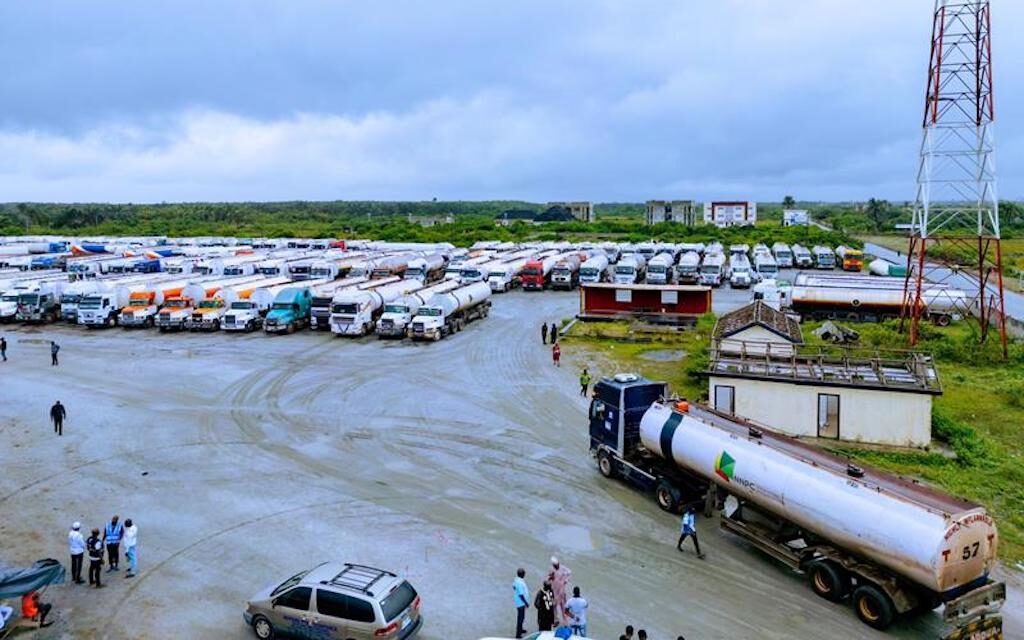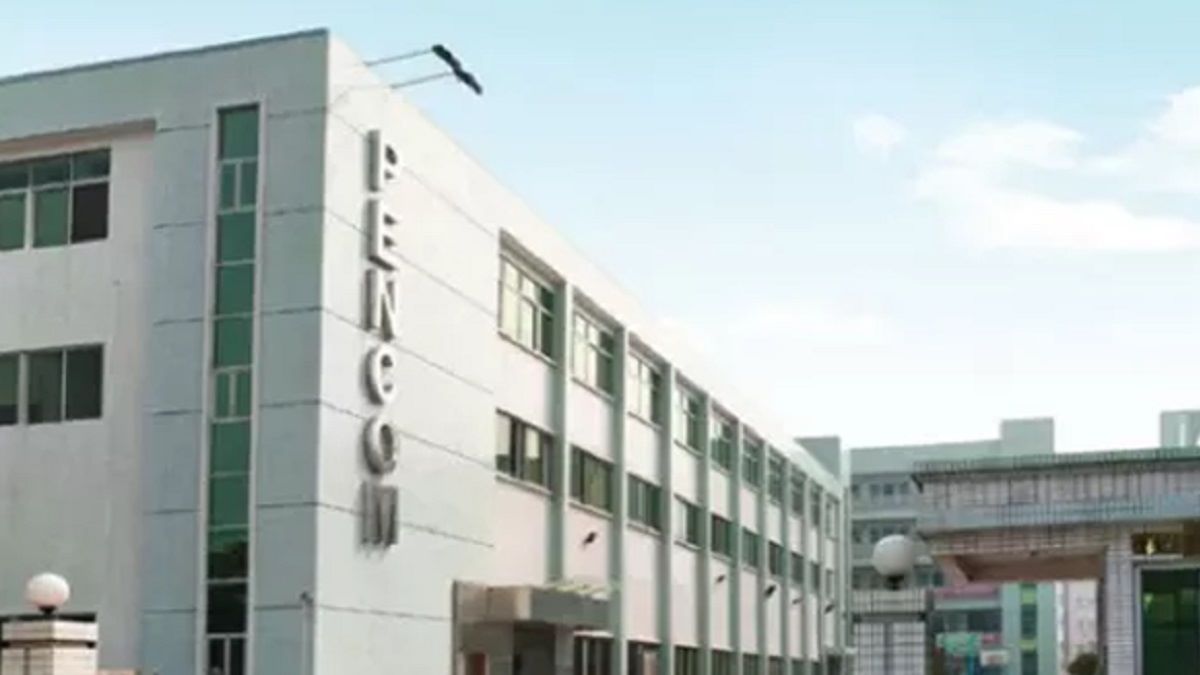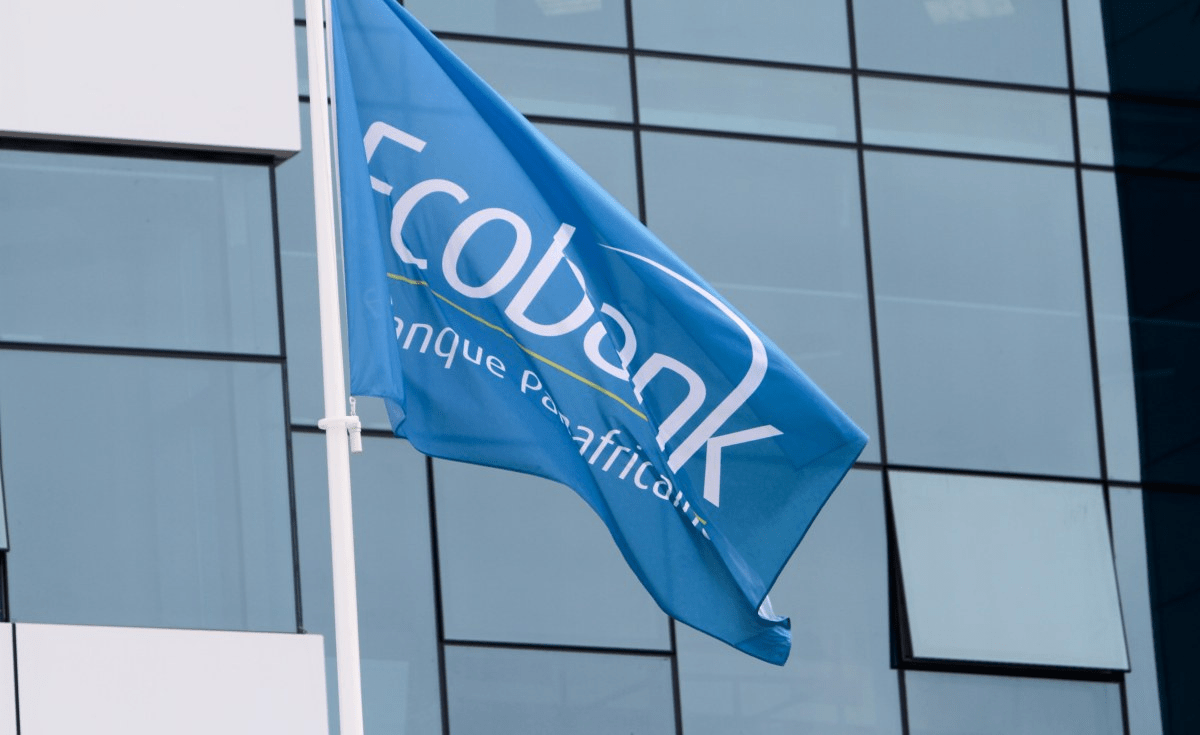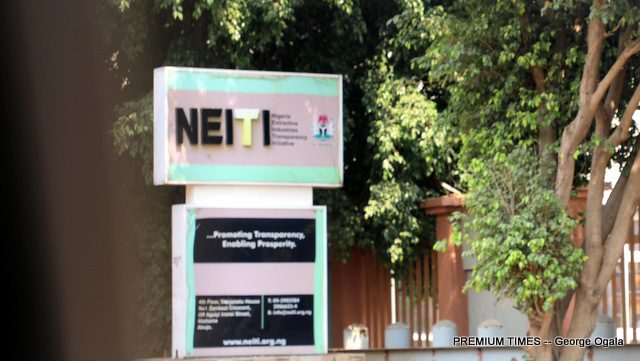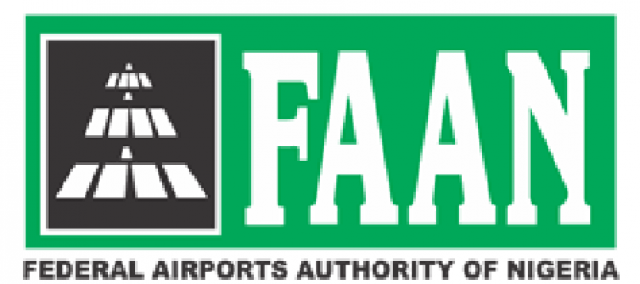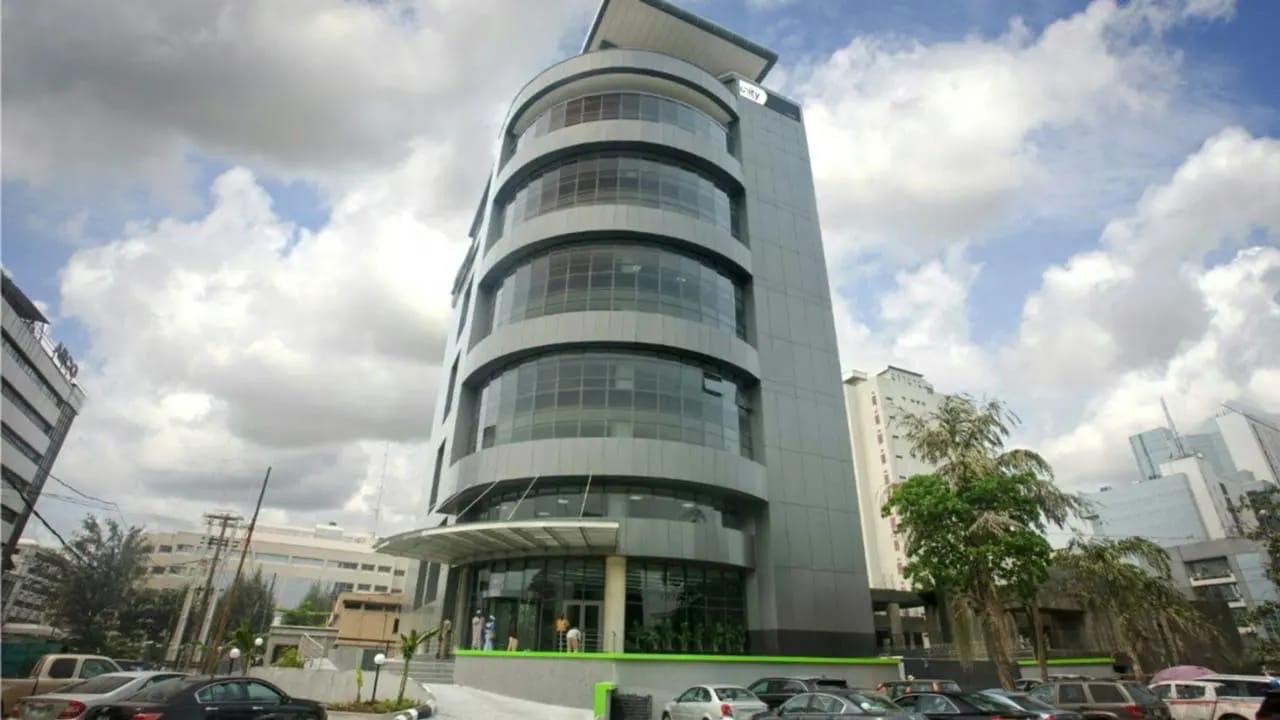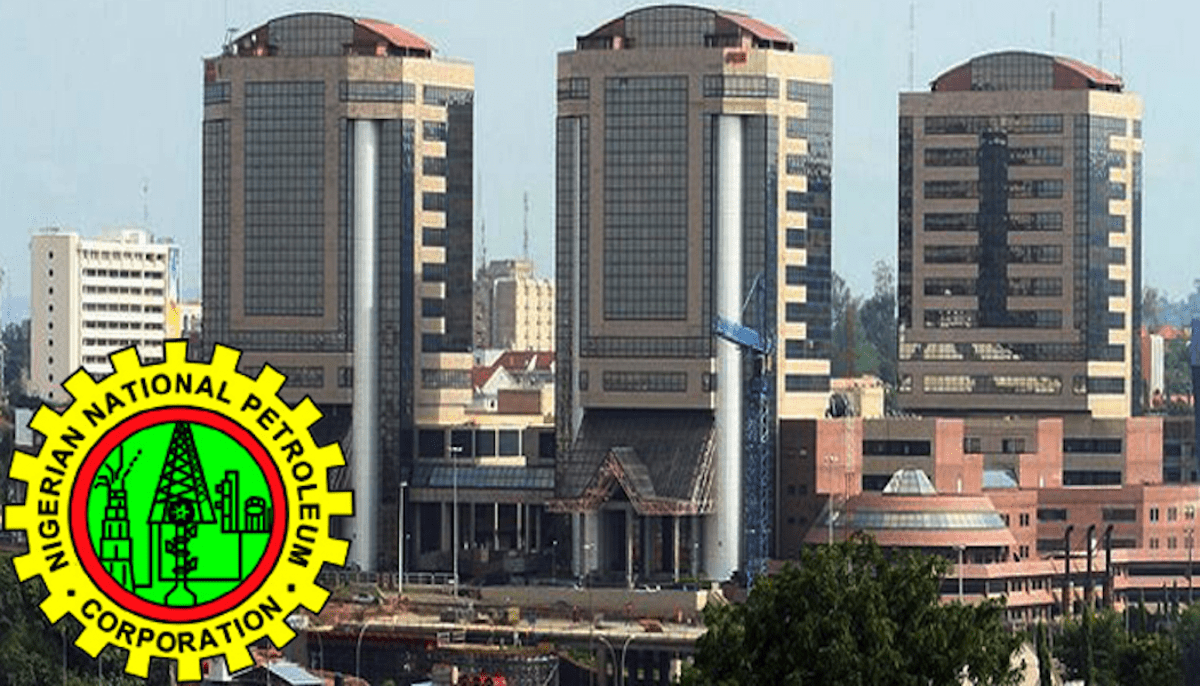Ibrahim Oyewale in Lokoja
The importance of technical education cannot be overemphasised, as it is crucial to ignite the industrial revolution in the country.
The Rectory of Kogi State Polytechnic, Professor Usman Salisu, disclosed this while speaking at the Stewardship Forum organised by the Correspondents Chapel of Nigeria Union of Journalists (NUJ), Kogi State Council in Lokoja yesterday.
Salisu explained that as part of efforts to provide the technical gap in the country today, the management of Kogi State Polytechnic has upgraded the Entrepreneurship Development Centre to a full directorate.
According to him, “The move is in a bid to equip students in skill acquisitions and explore new programmes, adding that apart from certificates earned from academic activities, it is now compulsory for all students of the institution to acquire at least a skill which will allow them to become self-reliant and not seek non-existent white collars jobs.”
He pointed out that the new directorate is also to train the artisans who want to acquire technical skills to aid their area of specialisation.
The rector disclosed that in Kogi State Polytechnic, four programmes are already running in the institution, and all students have been made to register for at least one, which will be certificated at the end of the skill acquisition programme.
“Successful accreditation and re-accreditation of 47 programmes by the National Board for Technical Education (including the backlogs of some dated as far back as 2009.
“Establishment and accreditation of the School of Agricultural Technology at Itakpe with four programmes; namely Agricultural Technology, Animal Health and Production Technology, Agricultural and Bio-Environmental Technology, and Horticulture and Landscape Technology.
The constitution of the Academic Board Central Results Verification Committee, leading to proper scrutiny of results, cost effectiveness, and reduction in time wastage at the Academic Board meetings.
“Introduction of Computer-Based Test (CBT) for the conduct of the General Studies and other examinations with large classes, which has curbed unethical practices and ensured prompt release of results,” the rector posited.
The post Technical Education Key to Industrial Revolution, Says Kogi Poly Rector appeared first on THISDAYLIVE.

